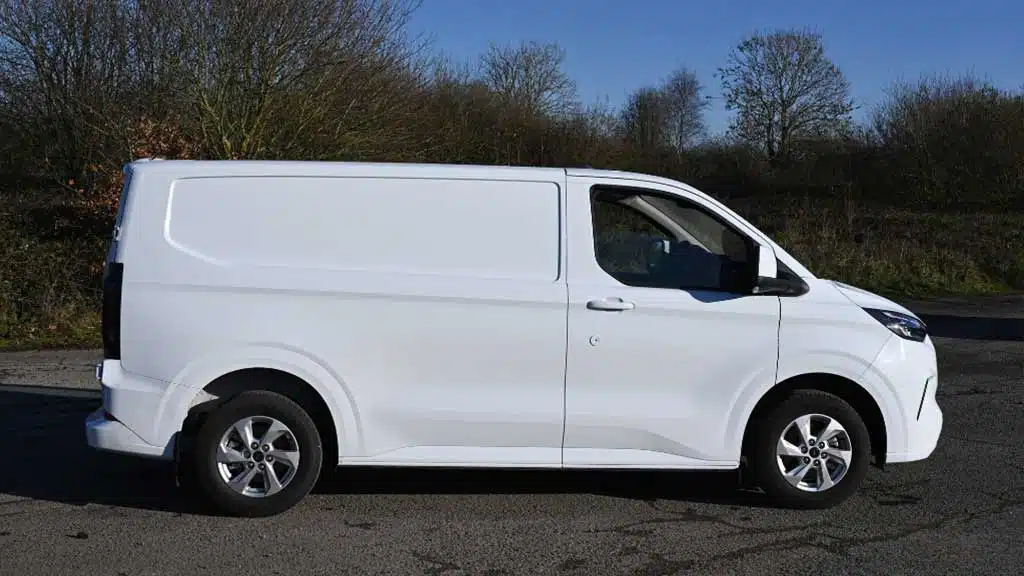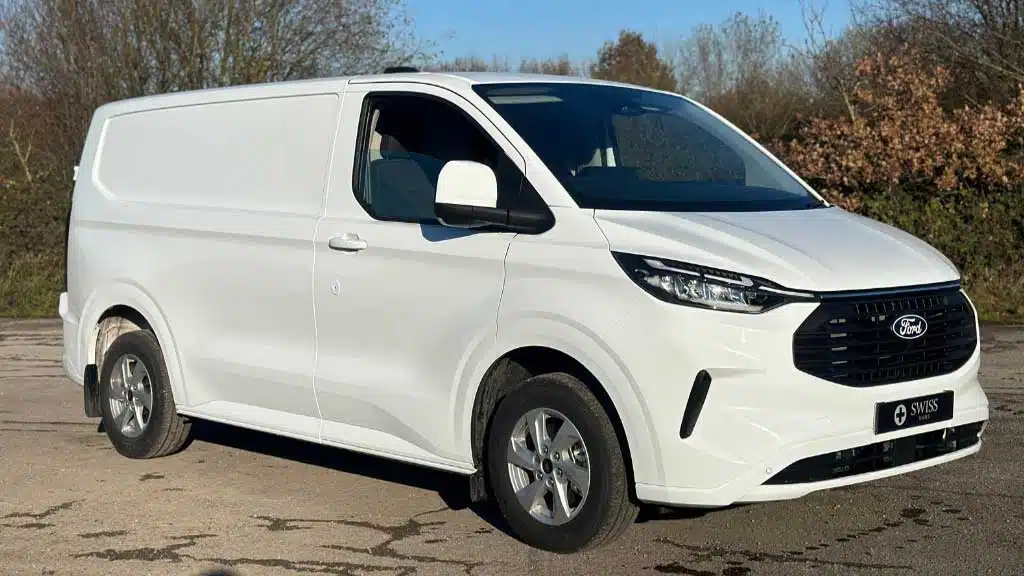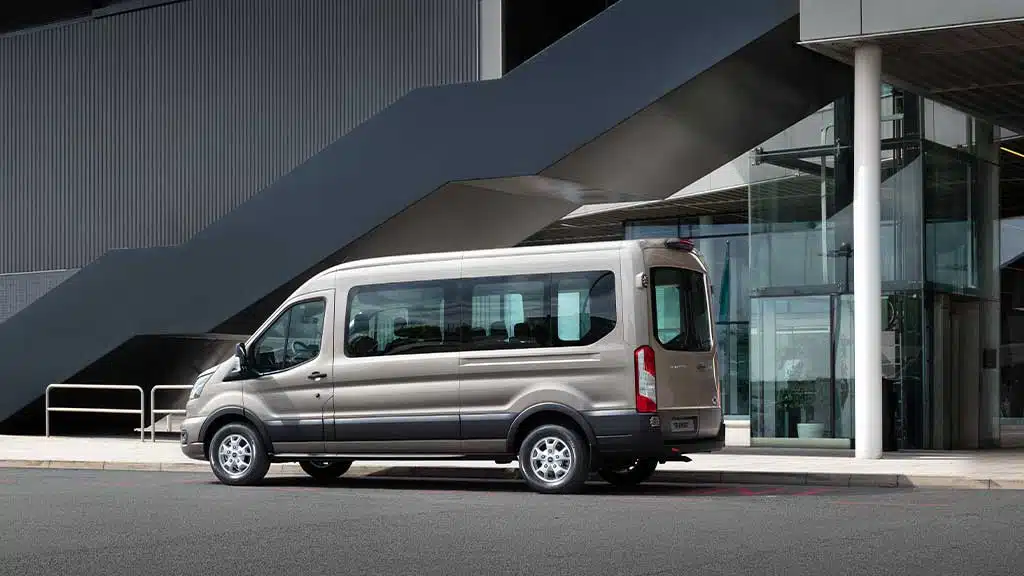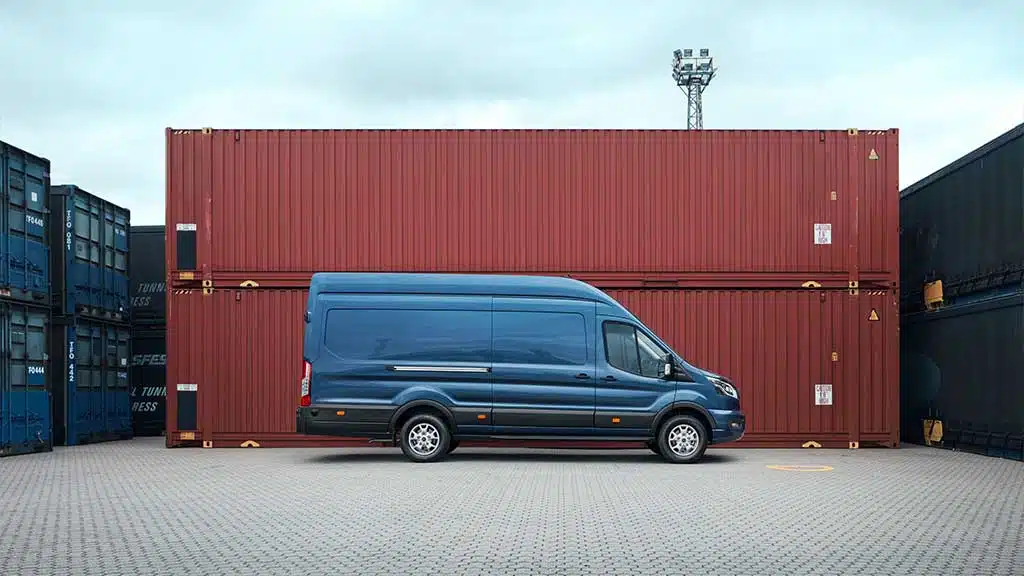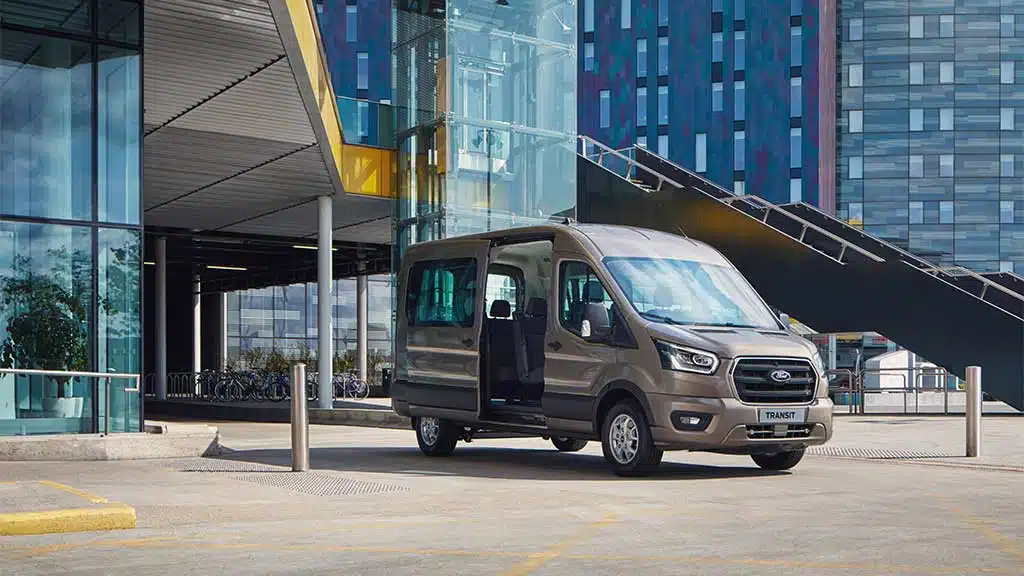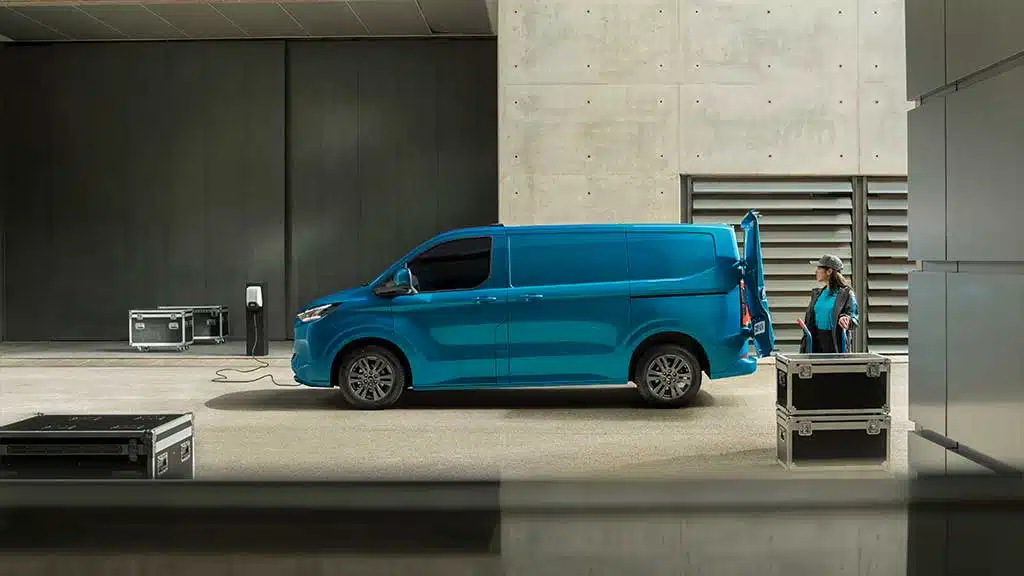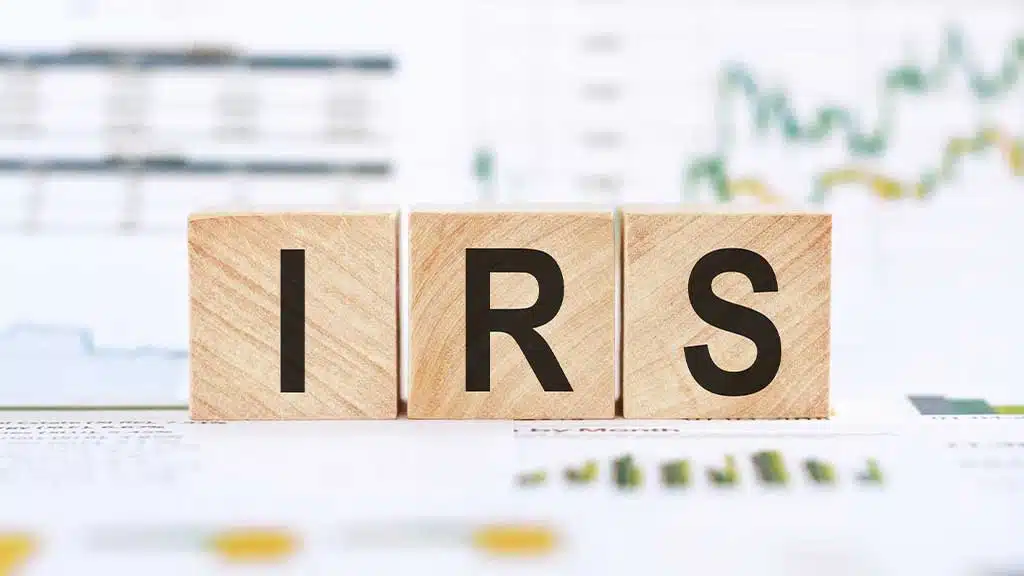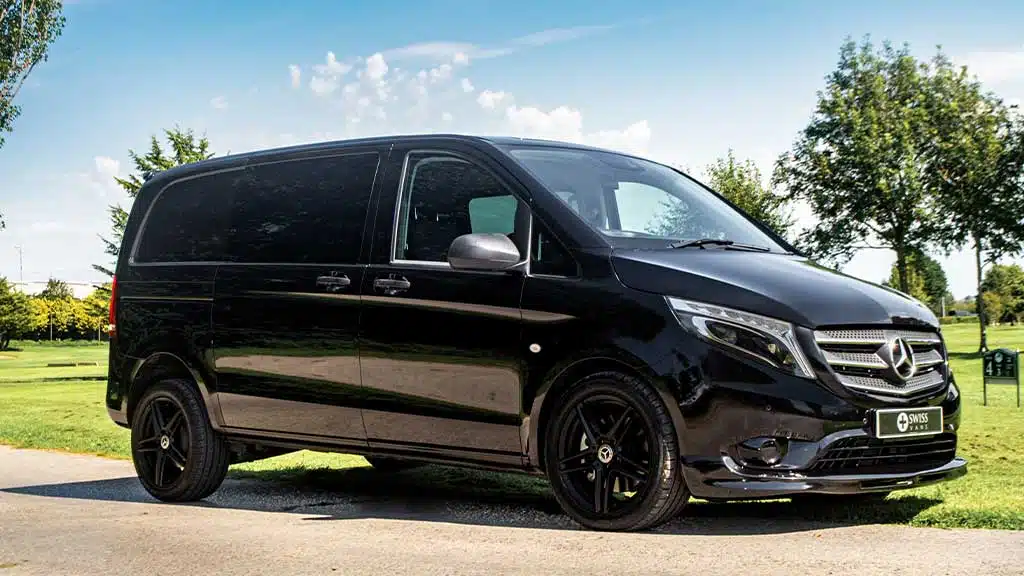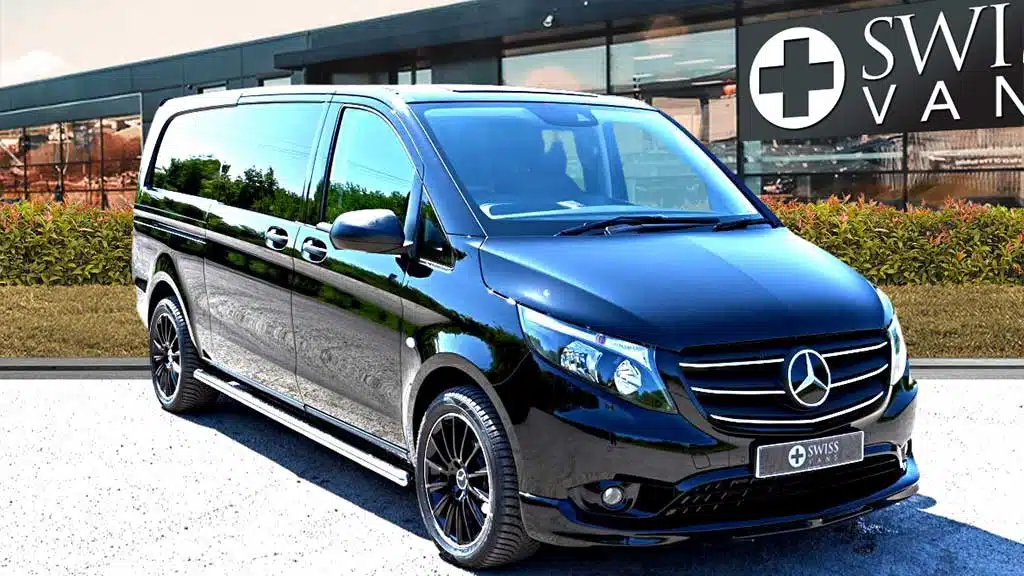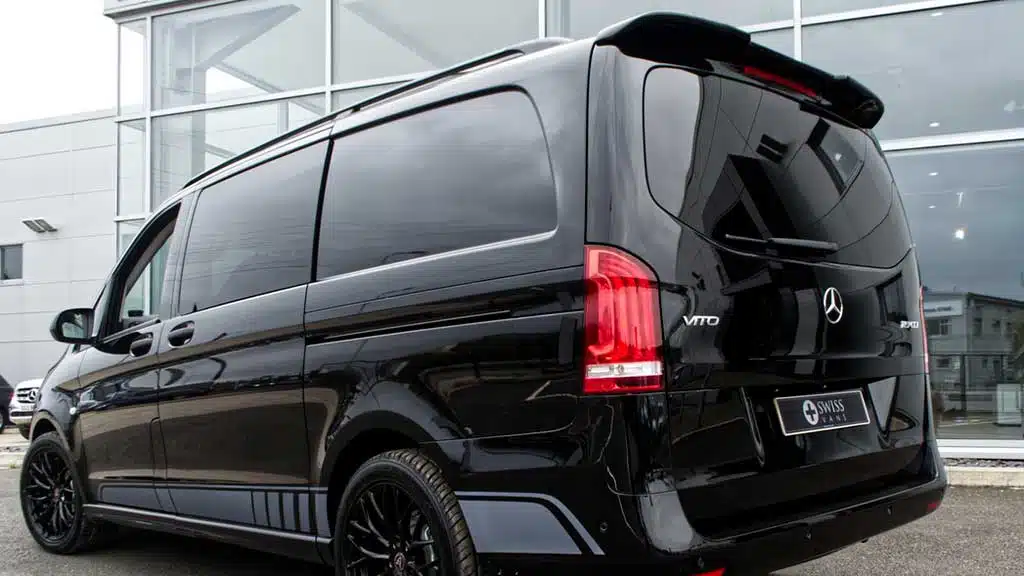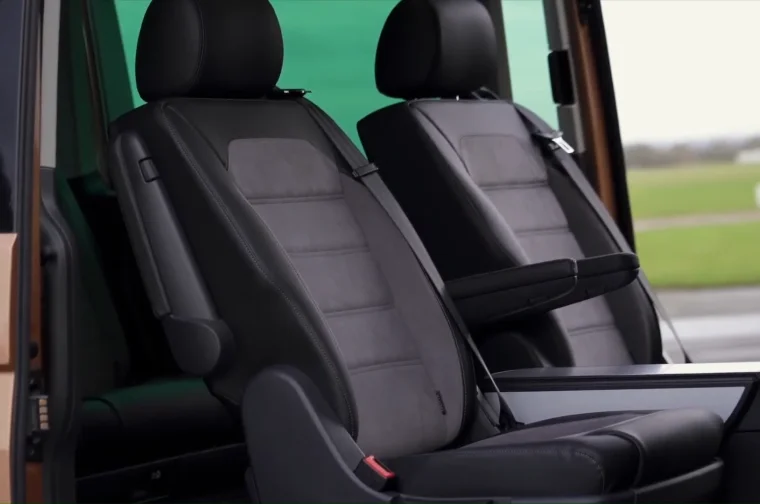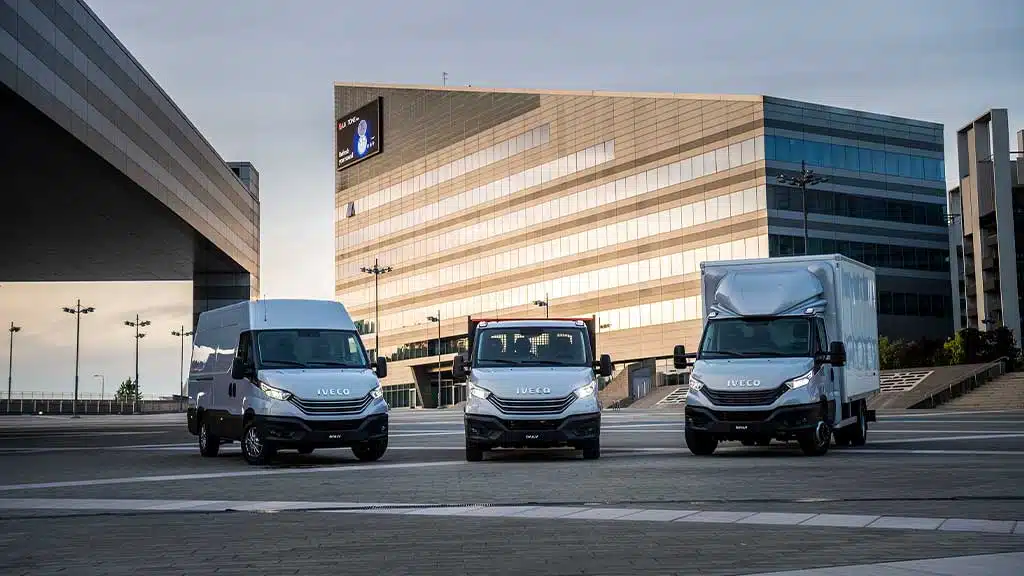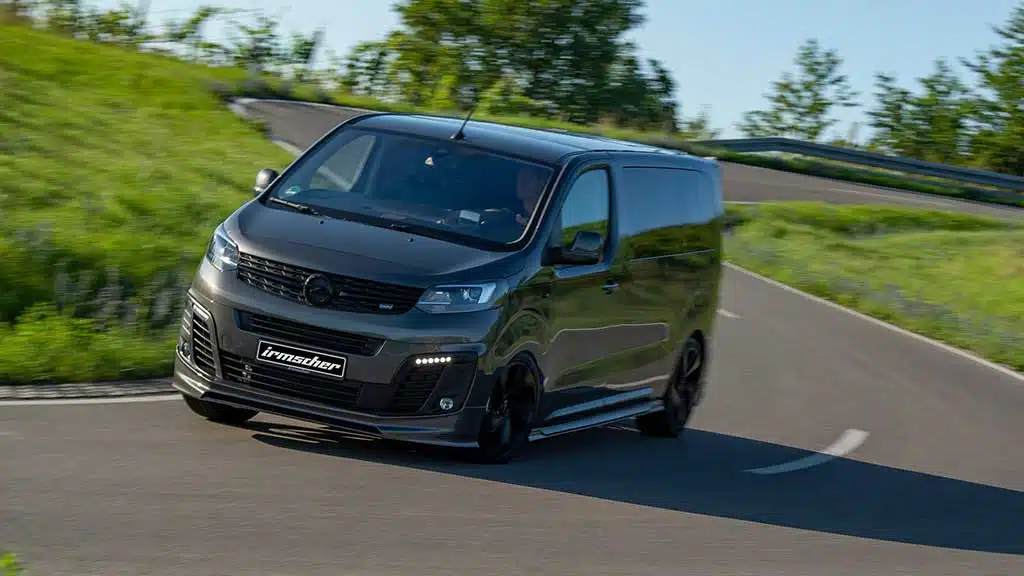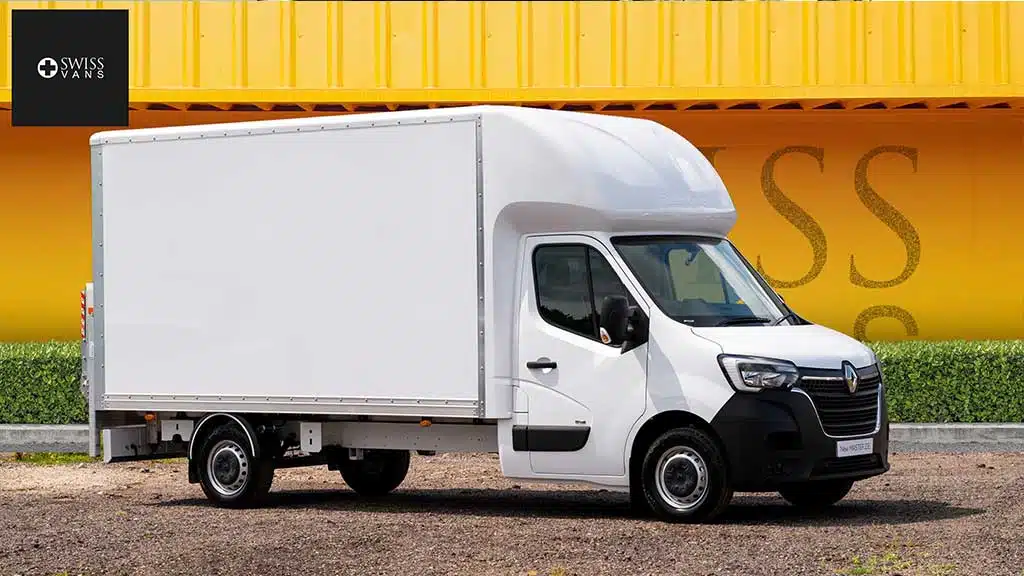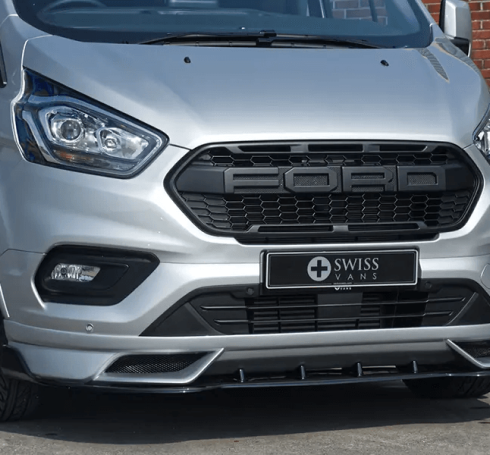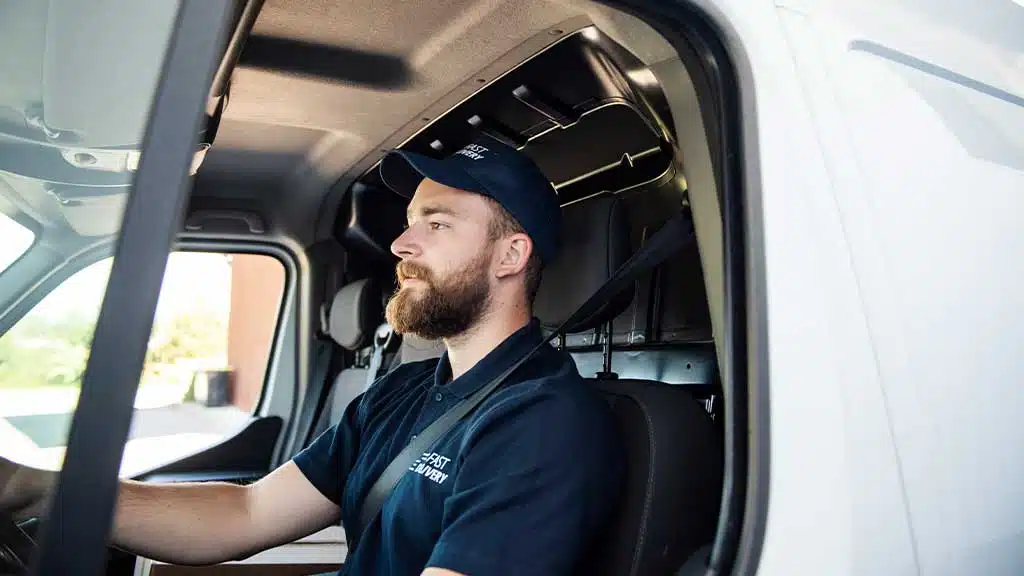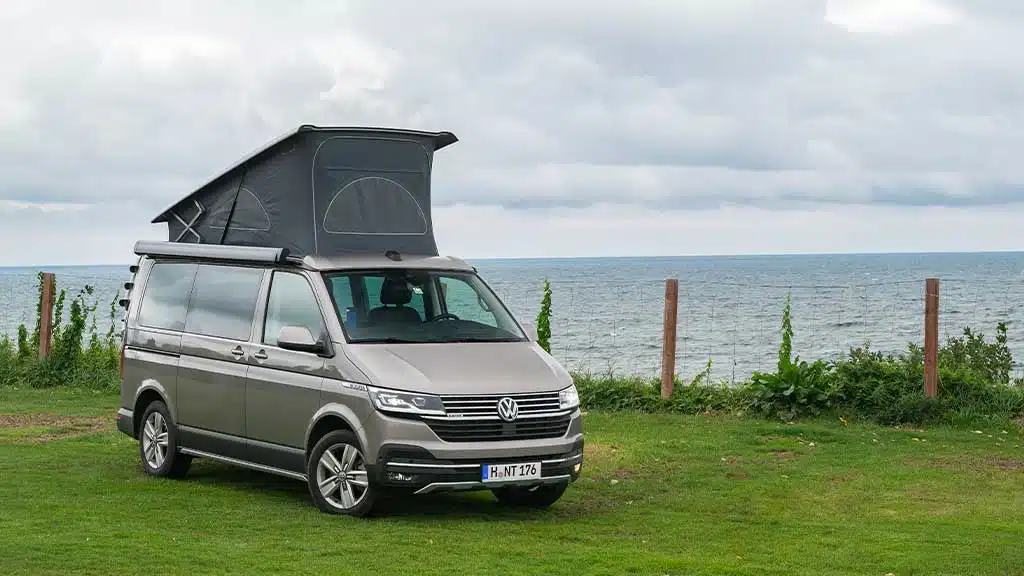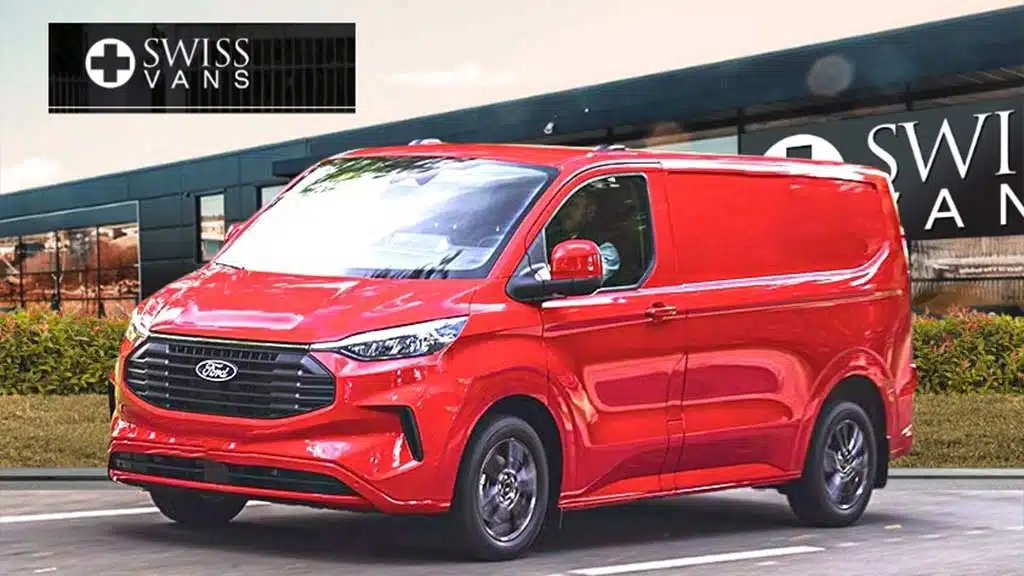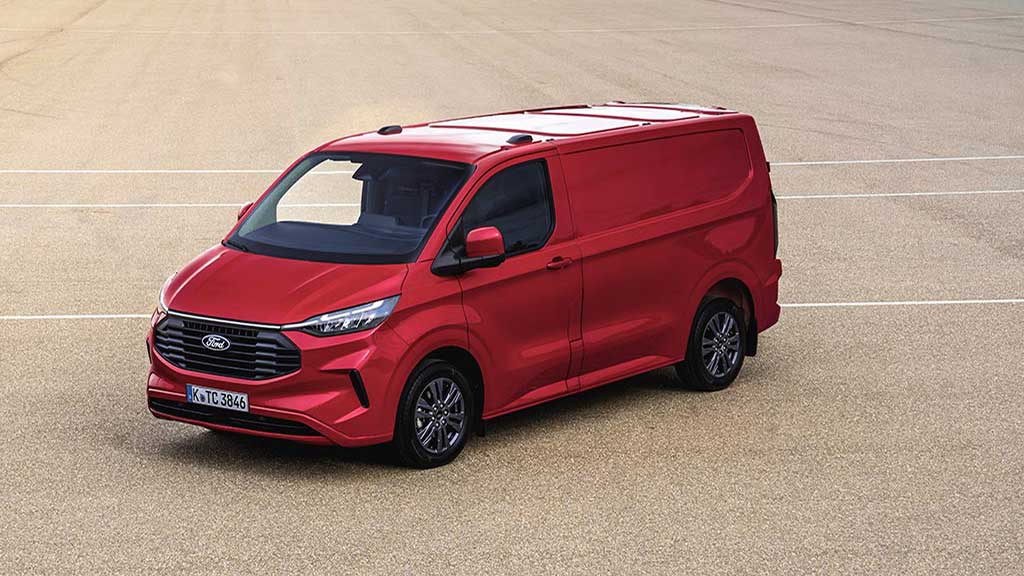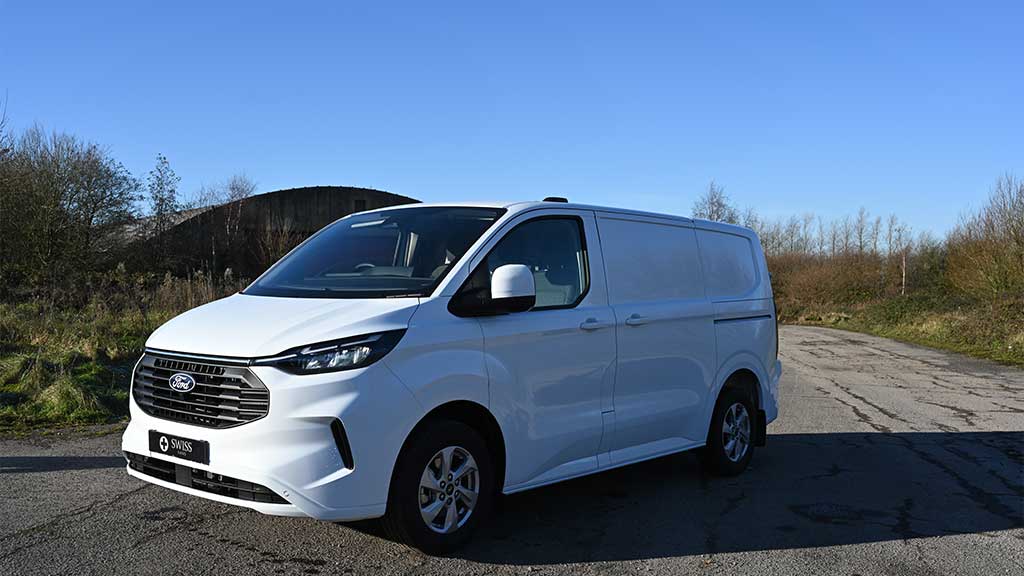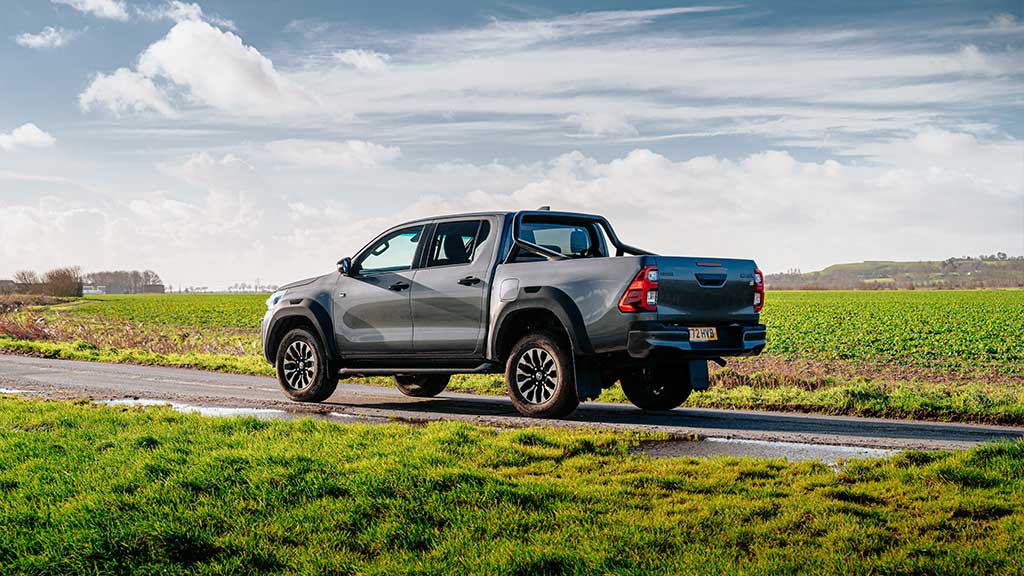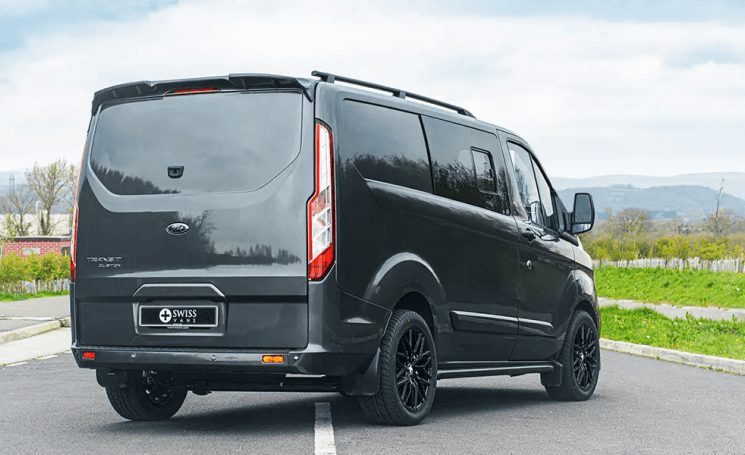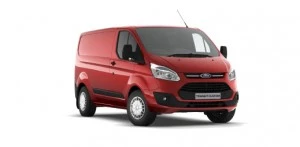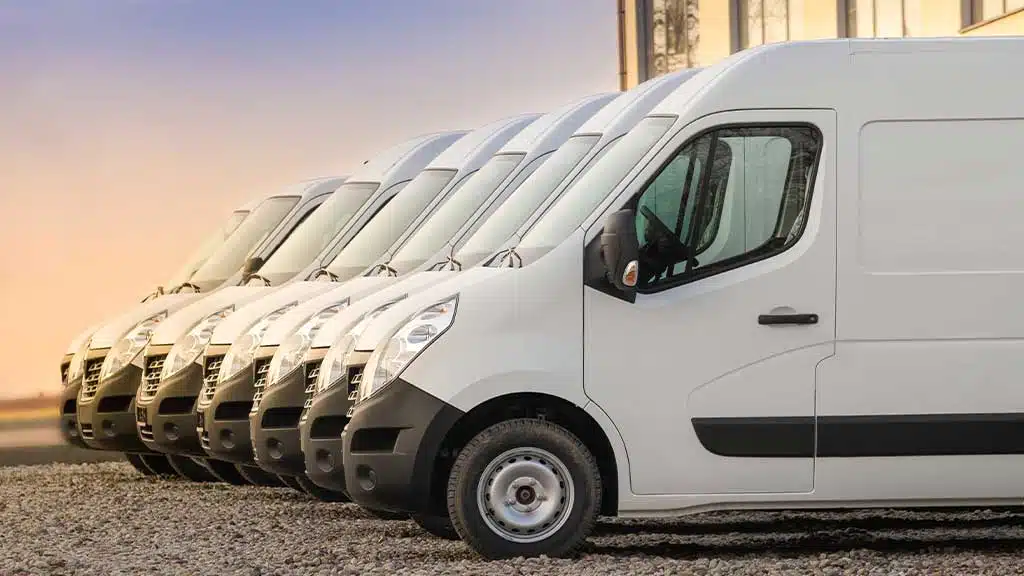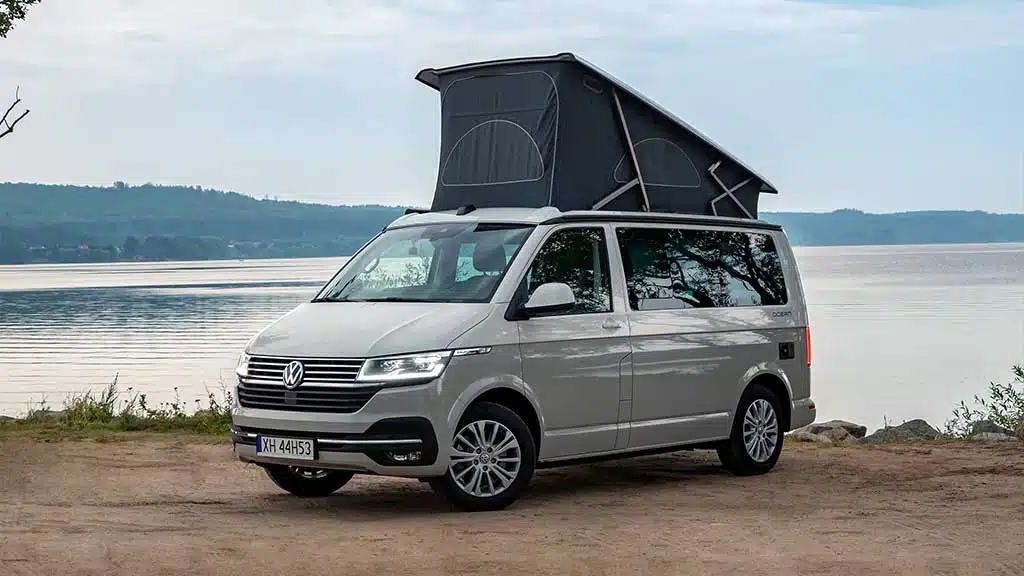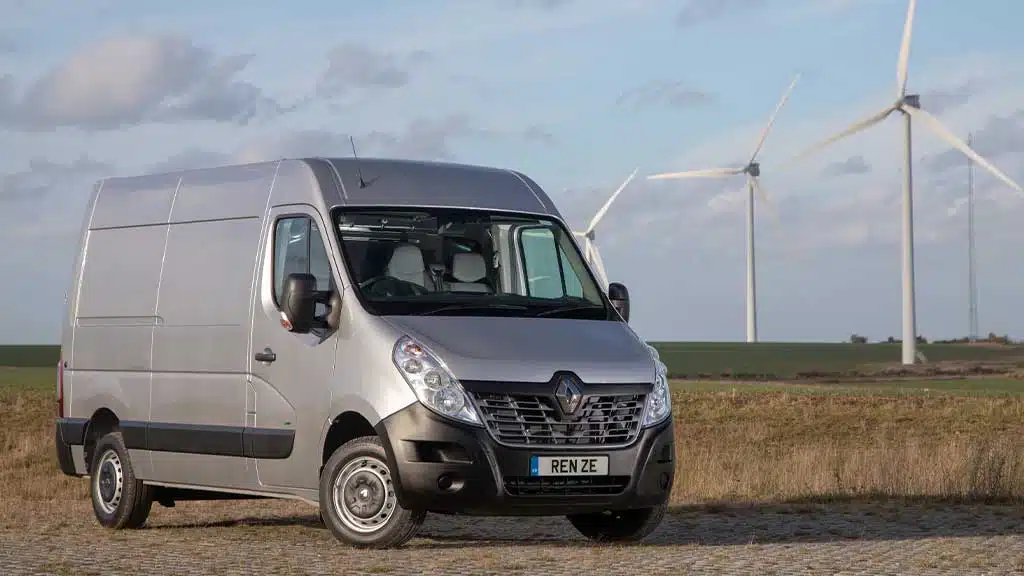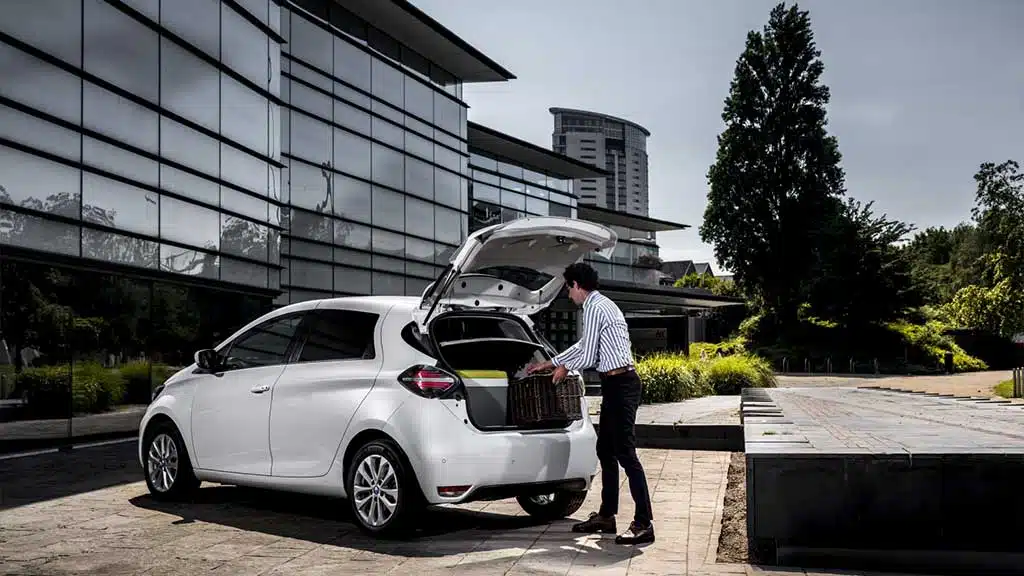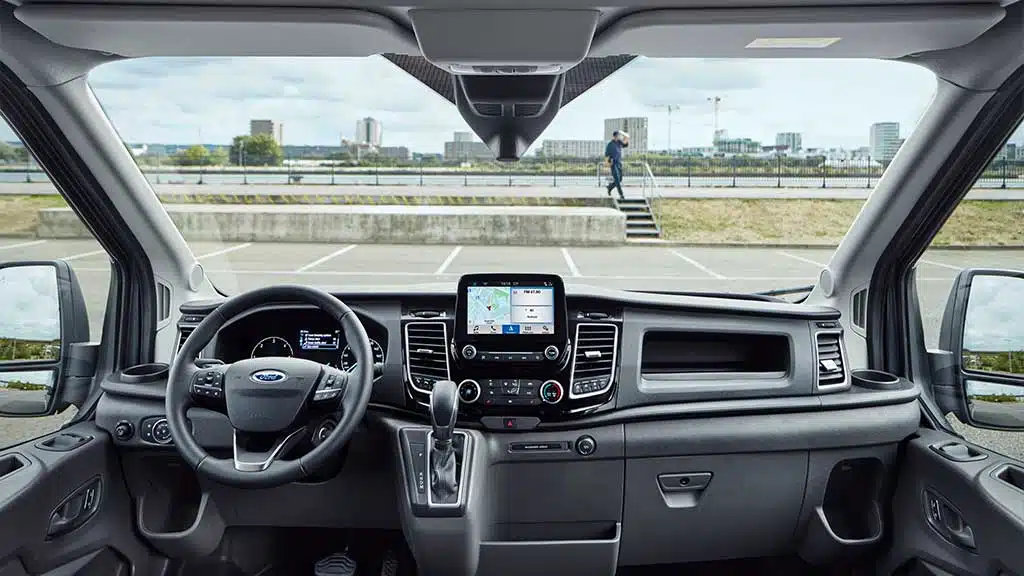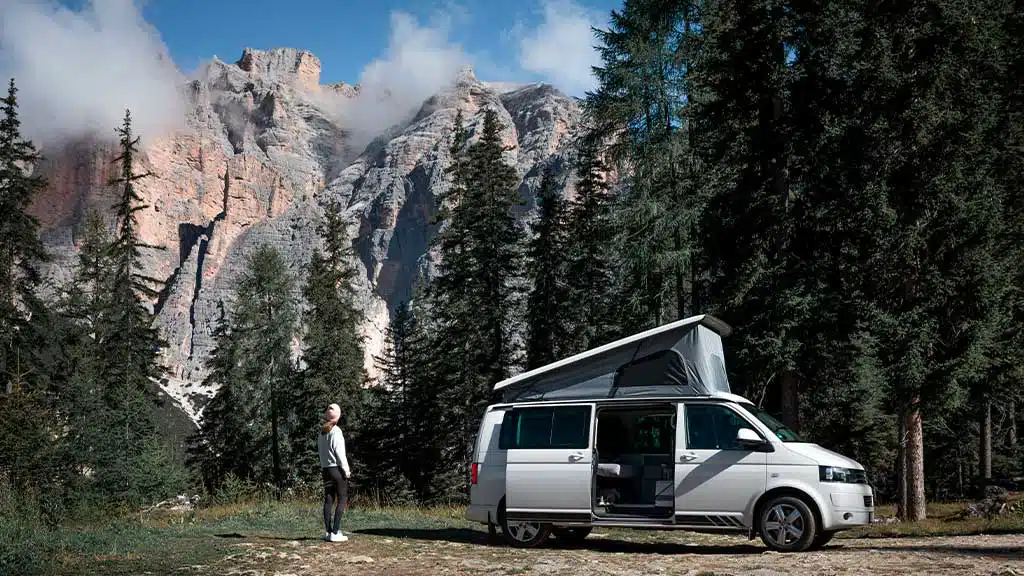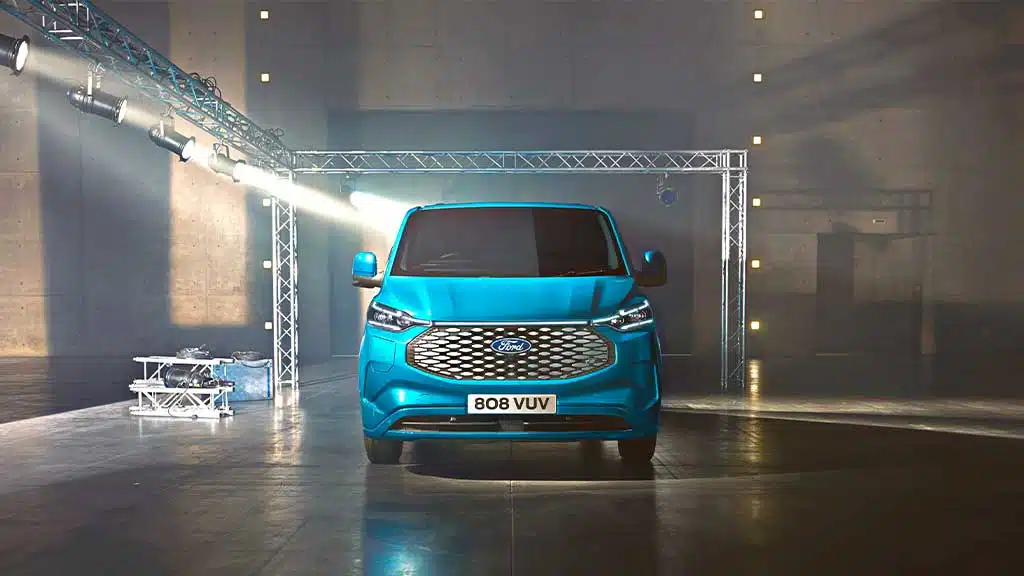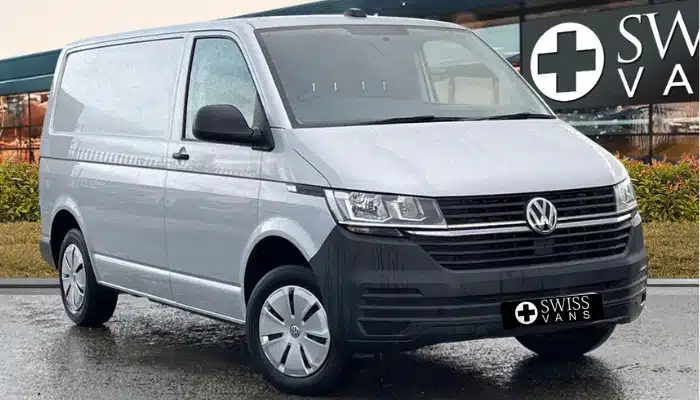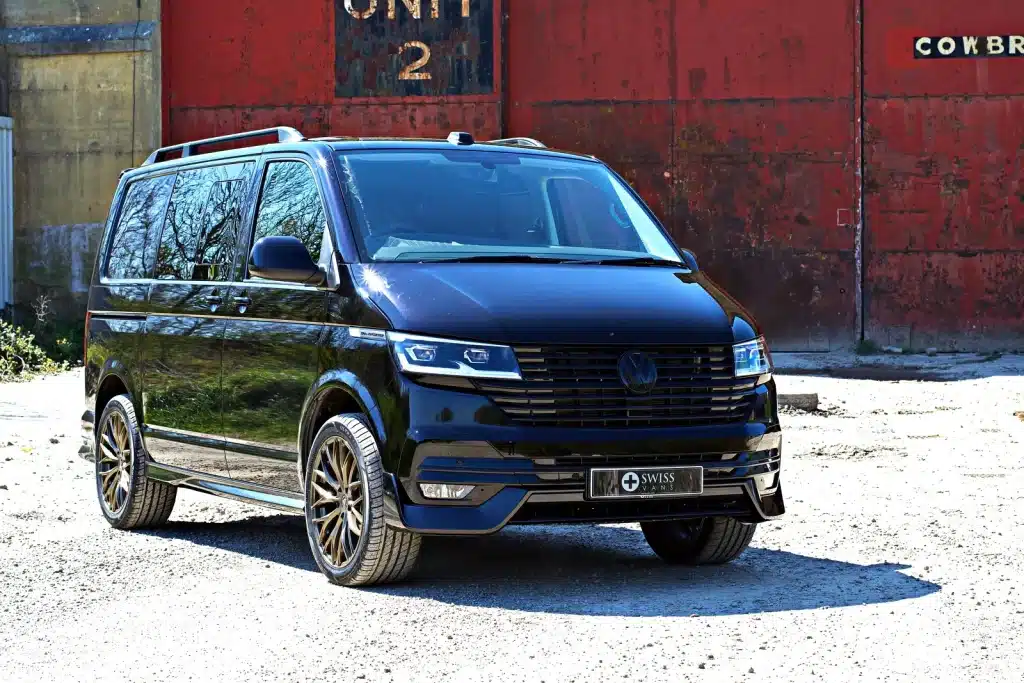Most people looking for a van in the UK, either for commercial or personal use, often struggle with whether they should purchase or lease the vehicle. Both the cases have their own pros and cons that should be thoroughly analyzed to make the right decision.
In this article, we’ll discuss the advantages and disadvantages of buying vs. leasing a van to help you decide-
Buying a Van
Pros
1. You Own the Van
The biggest advantage of buying a van is the ownership it comes with. Unlike leasing where you’re basically renting the van for a specified period, buying gives you ownership of the vehicle.
Even if you purchase the van through a loan, every monthly payment will get you closer to own a vehicle. Once the loan is fully repaid, you’ll be the rightful owner of the van. So, the purchased van is yours to keep and can be a valuable addition to your personal or business assets.
2. Freedom to Customize the Van
When you’re the owner of the van, you have complete freedom to customize it the way you like. This is especially useful when you need the van for commercial use as you can customize it according to the preferences and specific needs of your business.
Be it adding some specialized equipment, interior modifications, or branding, ownership provides complete flexibility to tailor the van as per your requirements.
3. Zero Mileage Restrictions
When you take the van on lease, the lease contract will feature a fixed mileage for which you can use the vehicle during the lease period. Go beyond the mileage limit and you’ll be required to pay an additional fee depending on the extra miles. But with ownership, there are no such mileage restrictions.
You have complete freedom to use the van as much as required without worrying about any mileage limitations or extra costs.
4. No Other Extra Charges

Lease agreements also generally come with a host of other restrictions, which if you’re not fully aware of, could lead to significant expenses. For instance, if you’d like to terminate the lease before the decided lease period, you’ll have to pay a penalty fee.
There are other restrictions related to excessive wear, maintenance, etc., that could make the entire process of leasing more expensive. But you don’t have to worry about these restrictions or penalties if you own the van.
5. Cost Savings Over Time
While the initial upfront cost of buying a van is higher than leasing, ownership can result in significant cost savings over time. Once the loan is fully repaid, you no longer have to worry about any monthly payments.
On the other hand, if you’re leasing the van, there will be an ongoing monthly payment as long as you use the vehicle.
Cons
1. Higher Upfront Payment
One of the most significant reasons why many people prefer leasing a van is the higher upfront cost of purchasing. In the UK, you’re required to pay at least 10% of the van cost as a down payment when buying it through a loan. The down payment could be as high as 30% in some cases depending on loan eligibility.
For most people with limited capital, this higher upfront cost is a significant barrier. In comparison, leasing is considerably cheaper.
2. Maintenance Costs
When you’re the owner, you’re fully responsible for anything and everything that goes wrong with the vehicle. Apart from the routine maintenance costs, there can also be expensive unexpected repairs as the van ages.
Irrespective of whether you’re using the van for commercial or personal use, these repair costs can put a considerable dent in your finances.
3. Higher Insurance Costs
While you’ll have to pay for insurance irrespective of whether you’re buying or leasing the van, the premiums are generally higher with ownership. The owner is completely responsible for comprehensive coverage and potential liability of the vehicle.
Depending on the usage, make, and model of the van, the insurance premiums could be a significant ongoing cost with van ownership.
4. Long-Term Commitment

As a van owner, you’ll commit yourself to the same vehicle for several years. In most cases, you’ll be using the vehicle for at least 5-7 years. But what if during this period, the transportation needs of your business start to change? Or what if you’d like to upgrade to a newer van with improved features?
You’ll then have to get into the time and effort-consuming process of selling the existing van and then purchasing a new one. In most cases, buyers are unable to recover the initial investment of the existing van.
5. Van Depreciation
Another significant downside of buying a van is depreciation. With time, the market price of your van will fall due to depreciation. This will impact the resale value of the vehicle.
It is generally said that vehicles lose at least 15%-30% of their market price in the very first year. From the second year onwards, it continues to lose 10%-15% of its value every year on average.
Leasing a Van
Pros
1. Lower Initial Deposit and Monthly Payments
If you’re concerned about the high down payment of purchasing a brand-new van, leasing can be a better option. Apart from the down payment itself, even the monthly payments of a lease are considerably lower than monthly loan installments.
The affordability of van leasing makes it a preferred choice for many people who want to acquire a van for personal or commercial use in the UK.
2. Access to Newer Van Models
As discussed above, van buying requires you to commit yourself to a single model for many years. But with leasing, you can drive newer models with the latest features and technologies without the long-term ownership commitment.
This can be highly beneficial for businesses that abundantly rely on their van fleet for their day-to-day operations and want to maintain a reliable and modern fleet.
3. Switch or Purchase the Van
Most lease agreements allow you to either return the van or purchase it at the end of the lease. If you’d like to upgrade to a newer model, you can do so once the lease ends. Alternatively, if the van has become a critical part of your daily operations, you also have the option to buy it.
The flexibility to upgrade to a new van or purchase the leased van is another reason that makes leasing an excellent choice, especially for commercial applications.
4. Lower Repair Costs

When you lease a van, it is generally covered under the manufacturer’s warranty throughout the lease period. In other words, you can avoid significant repair costs if you maintain the vehicle as per the terms and conditions mentioned in the lease agreement.
Moreover, many van leasing companies offer a variety of add-ons like maintenance packages, roadside assistance, and more to offer enhanced convenience.
5. Tax Benefits
Leasing a van in the UK for commercial use can also offer a variety of tax benefits. For instance, businesses generally claim back a certain portion of VAT applicable on lease payments and deduct these payments as a business expense.
The tax benefits can offer considerable savings and enable companies to improve their bottom line.
Cons
1. You Don’t Own the Vehicle
The biggest drawback of van leasing is the lack of ownership. Unlike loan installments where each installment increases your equity in the van, monthly lease payments only contribute to van usage. Once the lease ends, you have to return the vehicle or enter into a new lease.
On the other hand, if you purchase the van through a loan, you become the owner once you fully repay the loan amount.
2. Mileage Restrictions
Another significant disadvantage of van leasing in the UK is the mileage restriction. If you exceed the mileage limit mentioned in the lease agreement, you’ll have to pay a penalty. And it is not always easy to know how many miles your van will be driven in a year when signing the lease agreement.
When you purchase the van, there are no such restrictions and you’re free to drive the van for as many miles as you want.
3. Wear and Tear Penalty
While lease agreements generally allow for normal wear and tear, you can be penalized for any damage that is beyond normal. If you don’t maintain the van as per the provisions of the lease agreement, the penalty can be steep in certain cases.
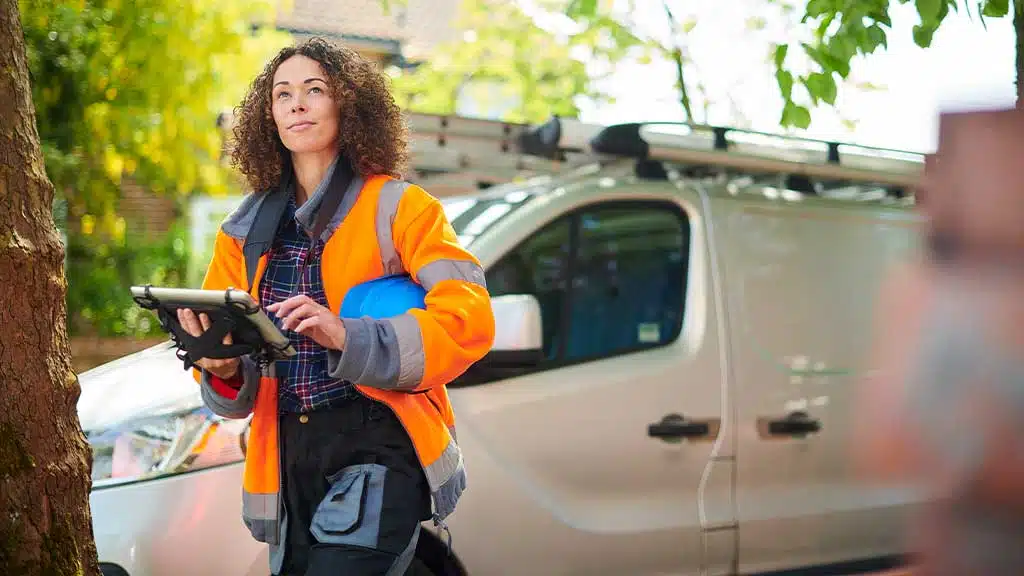
Thus, if you go ahead with a van lease, ensure that you also purchase the add-on maintenance package or insurance offered by the lease provider.
4. Long-Term Cost
While the monthly lease payments are lower than loan installments, they’ll still amount to a significant sum in the long run. In many cases, the lease amount you pay over the years could be higher than the cost of purchasing the same vehicle.
So, if you’ll be using the van for several years and don’t mind the long-term commitment to a vehicle, buying can be a more cost-effective option.
5. Limited Customization Options
Leasing agreements generally have restrictions on van customization. While they might allow you to make minor changes to the vehicle, significant customizations are generally not allowed. In a way, this restricts your ability to personalize the vehicle as per your requirements.
Needless to say, if you purchase the van, you have complete freedom to customize the van the way you want.
Should You Buy or Lease a Van?
As you can see there are several pros and cons of buying vs. leasing a van in the UK. The selection between the two should ultimately depend on your specific needs and finances.
While ownership comes with equity build-up, customization freedom, and unlimited mileage, the higher initial cost can be a major deterrent. On the other hand, leasing offers benefits like lower upfront and monthly costs and access to newer models but it also comes with mileage restrictions, customization limitations, and no ownership.
Thoroughly analyze these pros and cons to make the right decision. If you’re unable to make a decision, let the experts at Swiss Vans help you out. As one of the leading van sellers and leasing specialists in the UK, you can rely on our expertise to decide whether you should buy or lease a van. Contact us today to know more.



